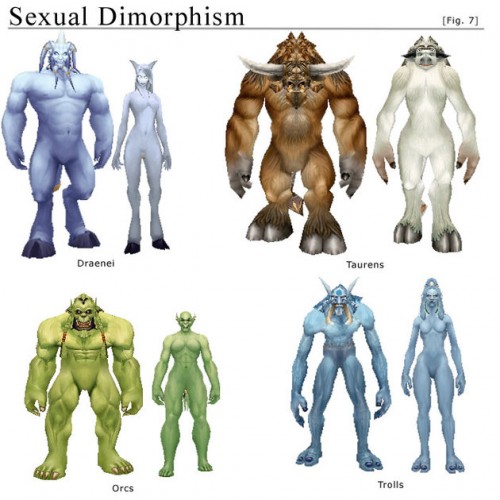Food shortages during World War II required citizens and governments to get creative, changing the gastronomical landscape in surprising ways. Many ingredients that the British were accustomed to were unavailable. Enter the carrot.
According to my new favorite museum, the Carrot Museum, carrots were plentiful, but the English weren’t very familiar with the root. Wrote the New York Times in 1942: “England has a goodly store of carrots. But carrots are not the staple items of the average English diet. The problem…is to sell the carrots to the English public.”
So the British government embarked on a propaganda campaign designed to increase dependence on carrots. It linked carrot consumption to patriotism, disseminated recipes, and made bold claims about the carrot’s ability to improve your eyesight (useful considering they were often in blackout conditions).
Here’s a recipe for Carrot Fudge:
You will need:
- 4 tablespoons of finely grated carrot
- 1 gelatine leaf
- orange essence or orange squash
- a saucepan and a flat dish
Put the carrots in a pan and cook them gently in just enough water to keep them covered, for ten minutes. Add a little orange essence, or orange squash to flavour the carrot. Melt a leaf of gelatine and add it to the mixture. Cook the mixture again for a few minutes, stirring all the time. Spoon it into a flat dish and leave it to set in a cool place for several hours. When the “fudge” feels firm, cut it into chunks and get eating!
Disney created characters in an effort to help:
The government even used carrots as part of an effort to misinform their enemies:
…Britain’s Air Ministry spread the word that a diet of carrots helped pilots see Nazi bombers attacking at night. That was a lie intended to cover the real matter of what was underpinning the Royal Air Force’s successes: the latest, highly efficient on board, Airborne Interception Radar, also known as AI.
When the Luftwaffe’s bombing assault switched to night raids after the unsuccessful daylight campaign, British Intelligence didn’t want the Germans to find out about the superior new technology helping protect the nation, so they created a rumour to afford a somewhat plausible-sounding explanation for the sudden increase in bombers being shot down… The Royal Air Force bragged that the great accuracy of British fighter pilots at night was a result of them being fed enormous quantities of carrots and the Germans bought it because their folk wisdom included the same myth.
But here’s the most fascinating part.
It turns out that, exactly because of the rationing, British people of all classes ate healthier.
…many poor people had been too poor to feed themselves properly, but with virtually no unemployment and the introduction of rationing, with its fixed prices, they ate better than in the past.
Meanwhile, among the better off, rationing reduced the intake of unhealthy foods. There were very few sweets available and people ate more vegetables and fewer fatty foods. As a result “…infant mortality declined and life expectancy increased.”
I love carrots. I’m eating them right now.
To close, here are some kids eating carrots on a stick:
Via Retronaut. For more on life during World War II, see our posts on staying off the phones and carpool propaganda (“When You Ride ALONE, You Ride With Hitler!”) and our coverage of life in Japanese Internment Camps, women in high-tech jobs, the demonization of prostitutes, and the German love/hate relationship with jazz.
Lisa Wade, PhD is an Associate Professor at Tulane University. She is the author of American Hookup, a book about college sexual culture; a textbook about gender; and a forthcoming introductory text: Terrible Magnificent Sociology. You can follow her on Twitter and Instagram.












